Mental Health - AI-powered mental wellness support
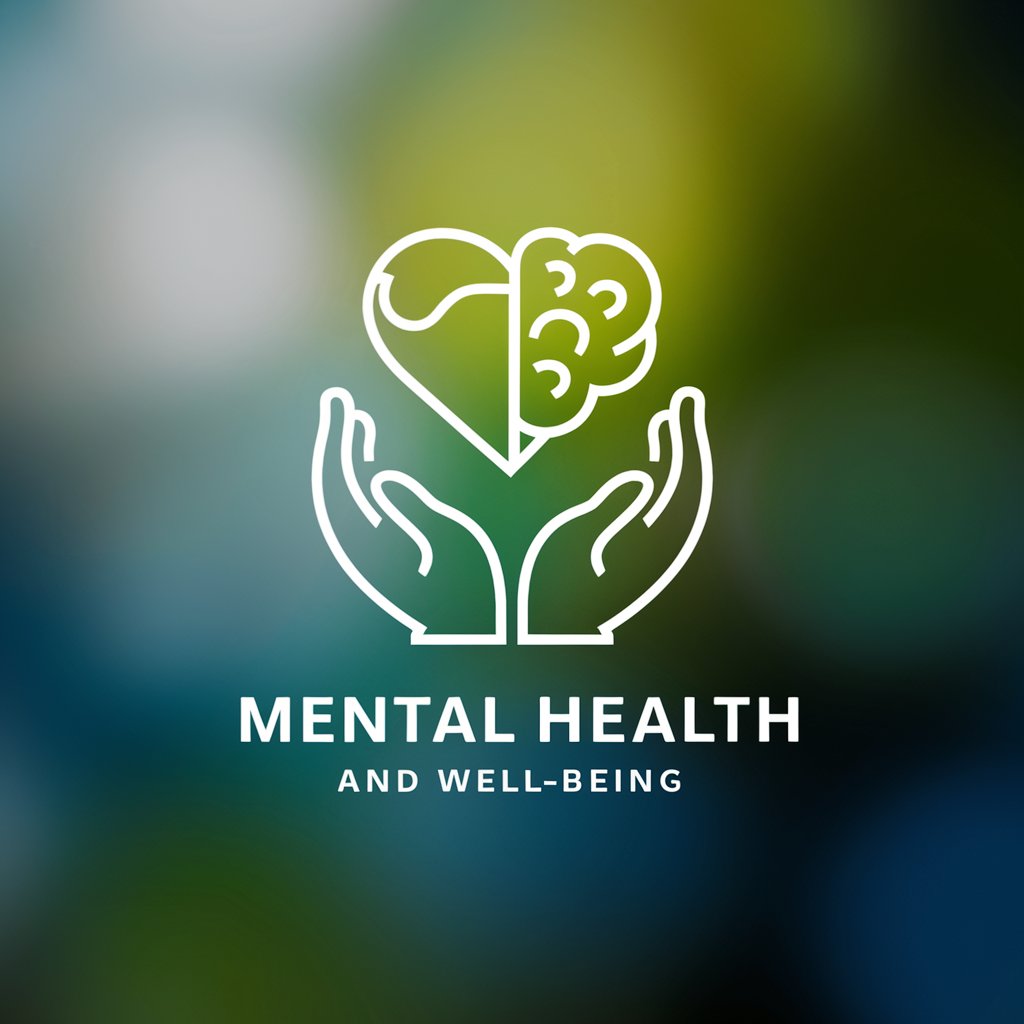
Welcome! How can I support your mental well-being today?
Empowering your journey to mental wellness
What are some effective ways to manage stress in daily life?
Can you share tips for improving sleep quality?
How can I develop a positive mindset and maintain mental well-being?
What are some healthy lifestyle choices that can benefit my mental health?
Get Embed Code
Overview of Mental Health GPT
Mental Health GPT is designed as a digital companion to offer insights and support on topics related to personal well-being, mental health, and lifestyle choices. It's built to provide users with empathetic, informative responses that foster understanding and encourage positive health practices. Unlike traditional medical tools, it doesn't diagnose or treat conditions but instead focuses on general well-being advice. For instance, it might help someone understand the importance of mindfulness practices by explaining how they can reduce stress and improve concentration, using real-world examples like incorporating brief meditation sessions into a busy workday. Powered by ChatGPT-4o。

Core Functions of Mental Health GPT
Information Sharing
Example
Explaining the concept of 'mindfulness' and its benefits
Scenario
A user curious about stress reduction techniques might be guided through the basics of mindfulness, including simple exercises they can try, like focused breathing or mindful walking.
Supportive Guidance
Example
Offering strategies for improving sleep hygiene
Scenario
For someone struggling with sleep, Mental Health GPT could suggest establishing a calming pre-sleep routine, avoiding screens before bed, and creating a comfortable sleep environment, explaining how each contributes to better sleep quality.
Healthy Lifestyle Tips
Example
Discussing the role of balanced nutrition in mental well-being
Scenario
A user looking to enhance their mood through dietary changes might receive advice on incorporating mood-boosting foods into their diet, like omega-3 rich fish, whole grains, and plenty of fruits and vegetables.
Emotional Support
Example
Providing empathetic responses to feelings of anxiety or stress
Scenario
In response to expressions of anxiety, the GPT might offer comforting words, remind the user of their strengths, and suggest stress-relief techniques like deep breathing or connecting with loved ones.
Target User Groups for Mental Health Services
Individuals Seeking General Well-being Advice
People interested in enhancing their daily life through positive lifestyle changes, like stress management, better sleep habits, and healthy eating, would find valuable insights and practical tips.
Those Looking for Emotional Support
Users feeling overwhelmed or in need of a compassionate ear can benefit from the empathetic responses and encouragement to seek further support from professionals if needed.
Lifestyle Enthusiasts
Individuals passionate about self-improvement, mindfulness, and personal growth will find a wealth of information to explore new practices and philosophies for a balanced life.
Busy Professionals
Professionals struggling to maintain work-life balance may benefit from tailored advice on managing stress, staying active, and prioritizing self-care amidst a hectic schedule.

How to Use Mental Health GPT
1
Begin by accessing yeschat.ai for an initial, complimentary trial, avoiding the necessity for logins or ChatGPT Plus subscriptions.
2
Choose the 'Mental Health' option from the available services to start your session focused on wellness and mental health inquiries.
3
Enter your query or describe your mental health concern in the chat interface to receive personalized advice and support.
4
Utilize the provided information to explore wellness strategies, coping mechanisms, and healthy lifestyle choices.
5
Revisit and engage with the tool regularly to support ongoing mental health education and to cultivate a resilient and positive mindset.
Try other advanced and practical GPTs
The Mind
Empowering Minds with AI-driven Insights
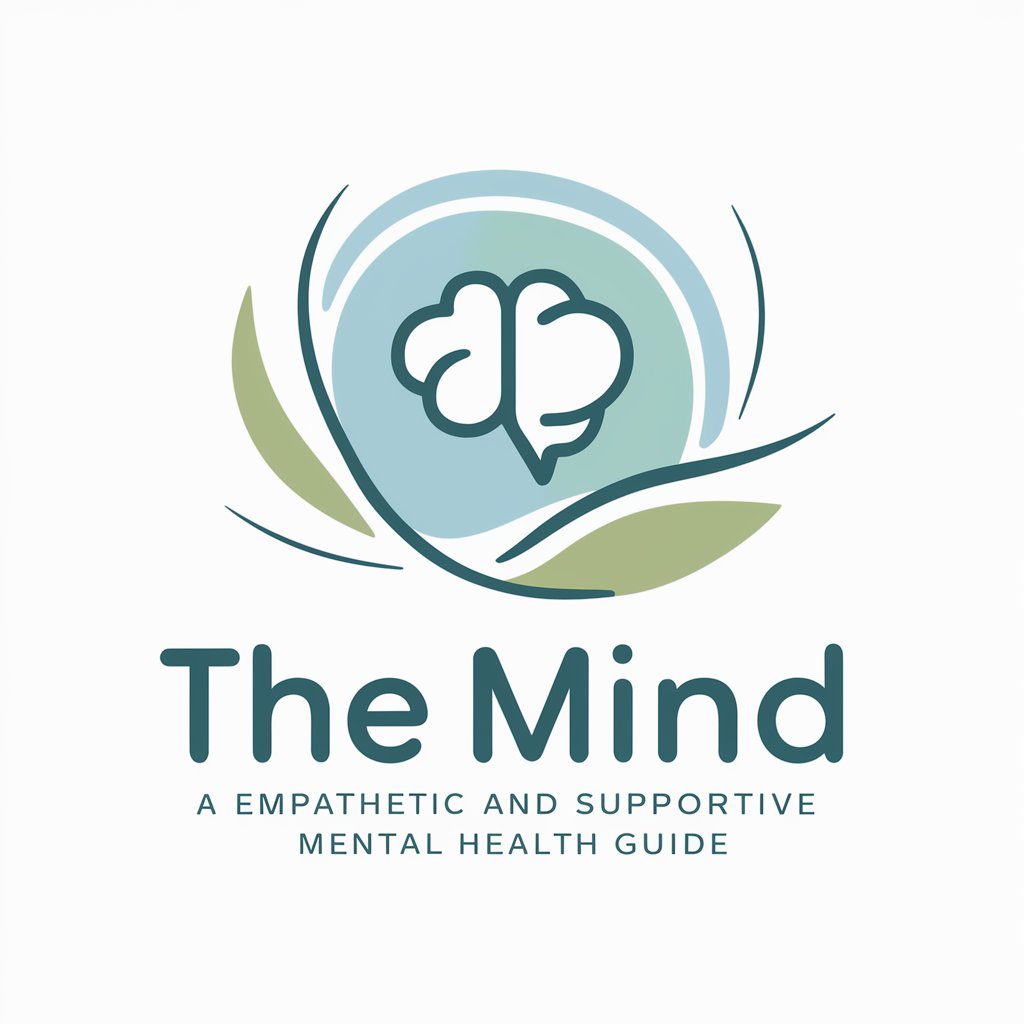
Creative Vision by Neona
Empowering Brands with AI-Driven Design
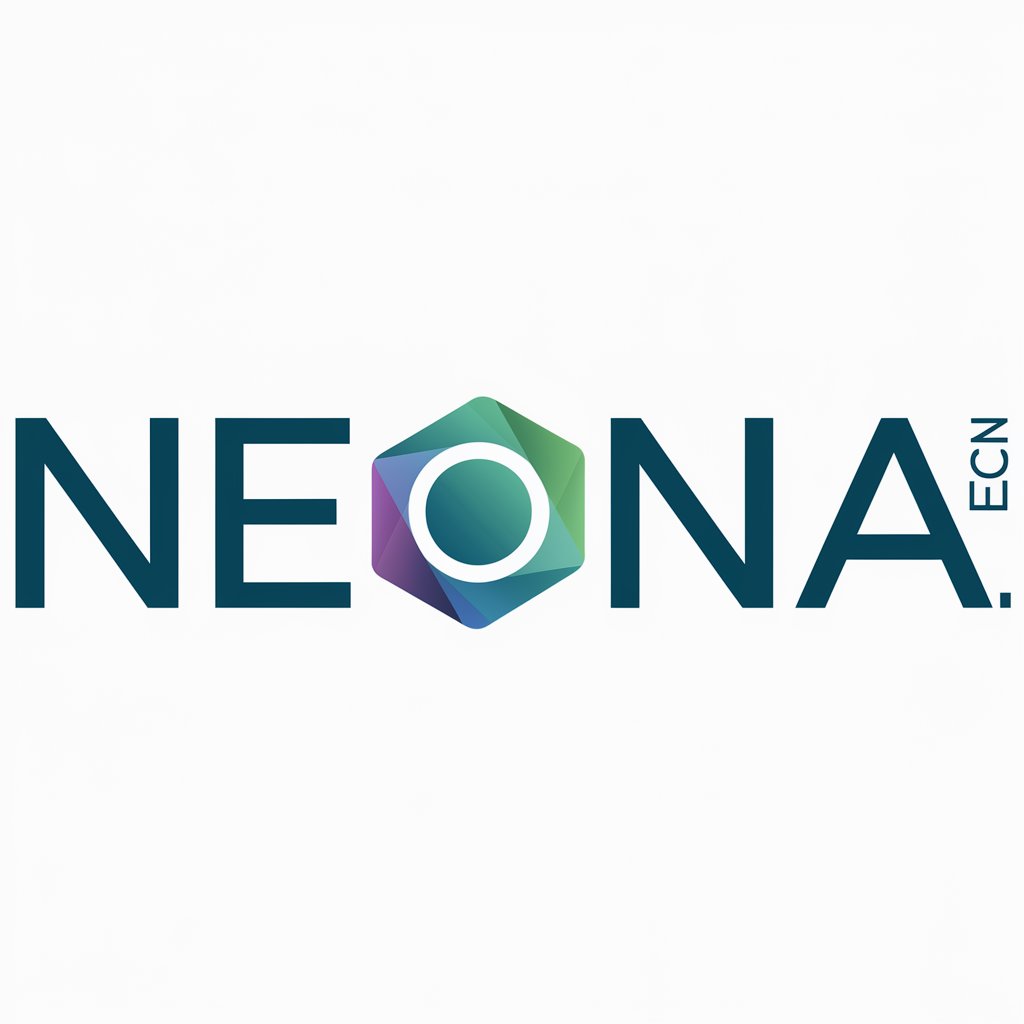
Zoran Dižanović Dižon
Crafting Visuals Powered by AI

Art Creater
Bringing your ideas to life, effortlessly.

Continuous Line Art Designer
Unleash Creativity with AI-Powered Line Art

Simple Logo Designer
Empowering creativity with AI-driven design.

Mindful Mate
Empowering emotional wellness with AI
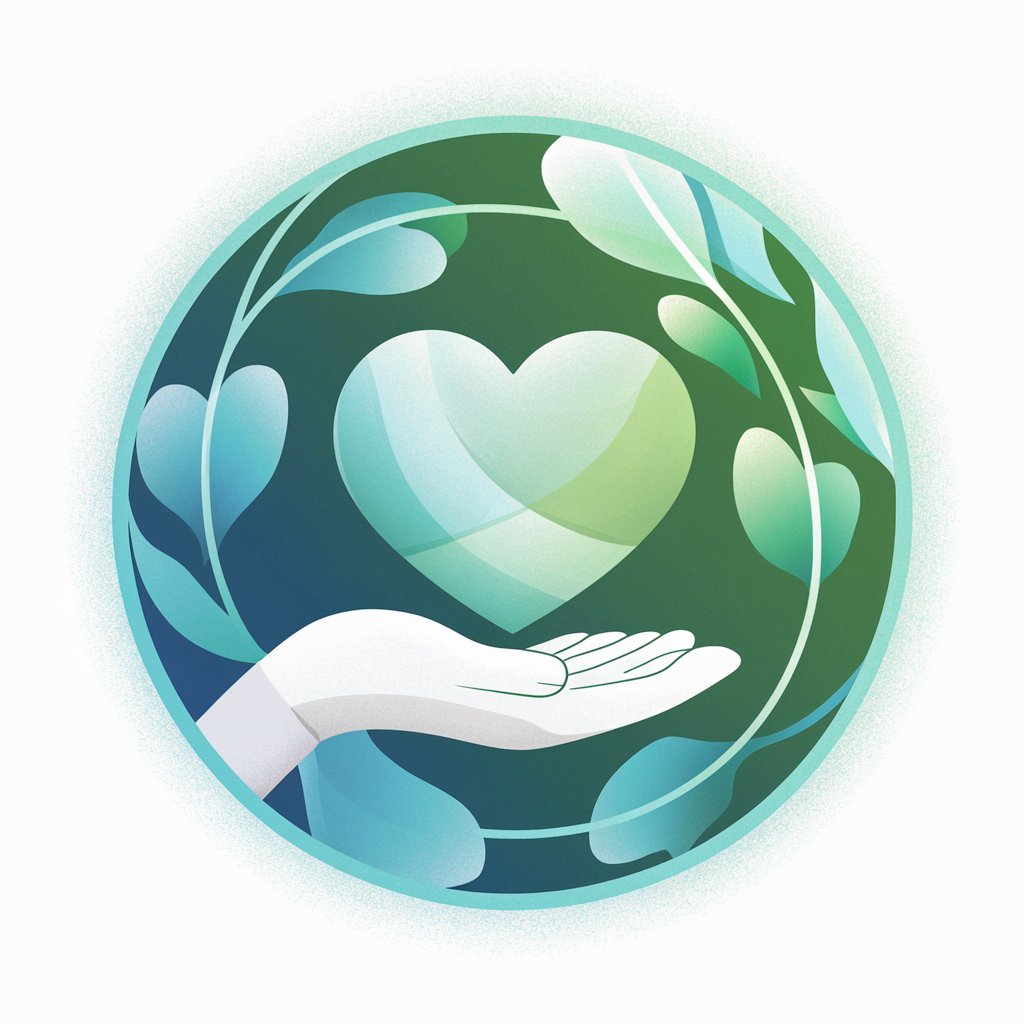
Soothing Mind
Empowering Emotional Well-being with AI
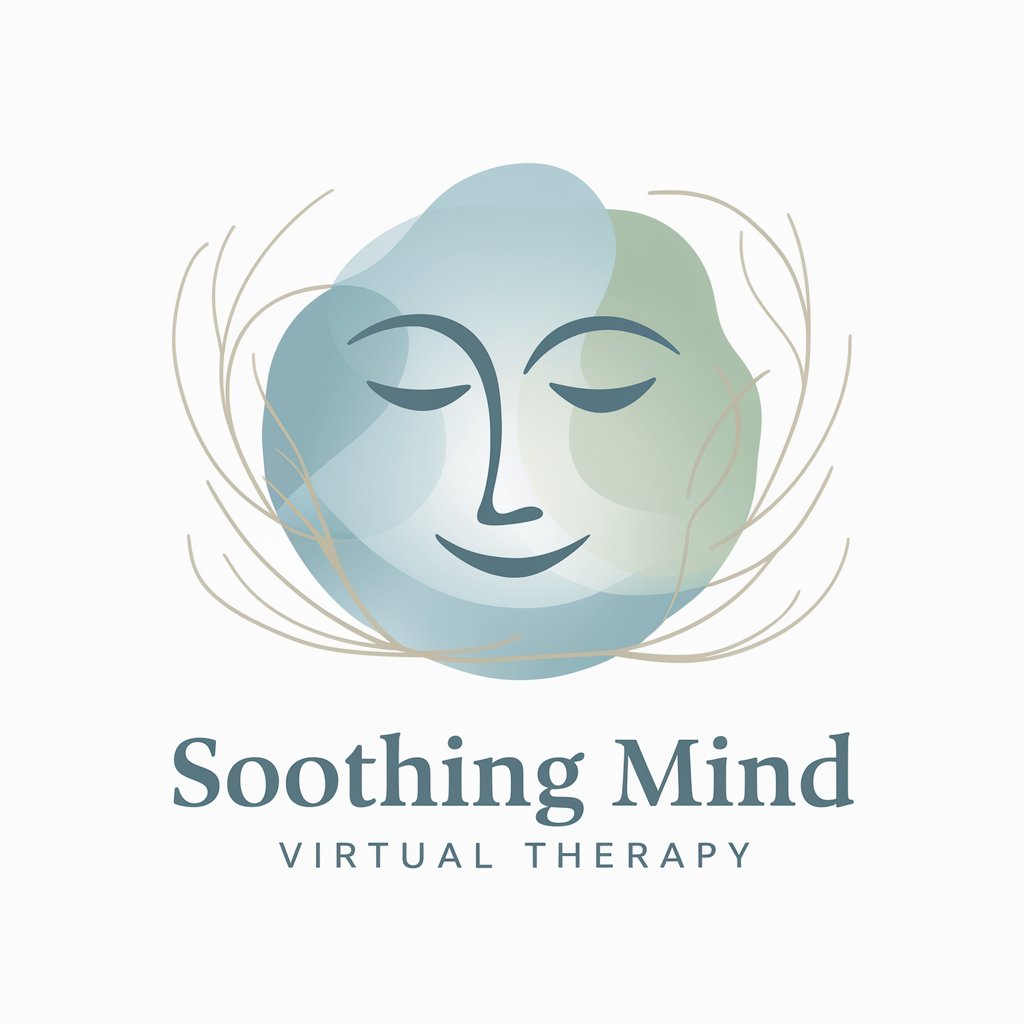
Emotional Health Guide
Empowering Emotional Wellness with AI
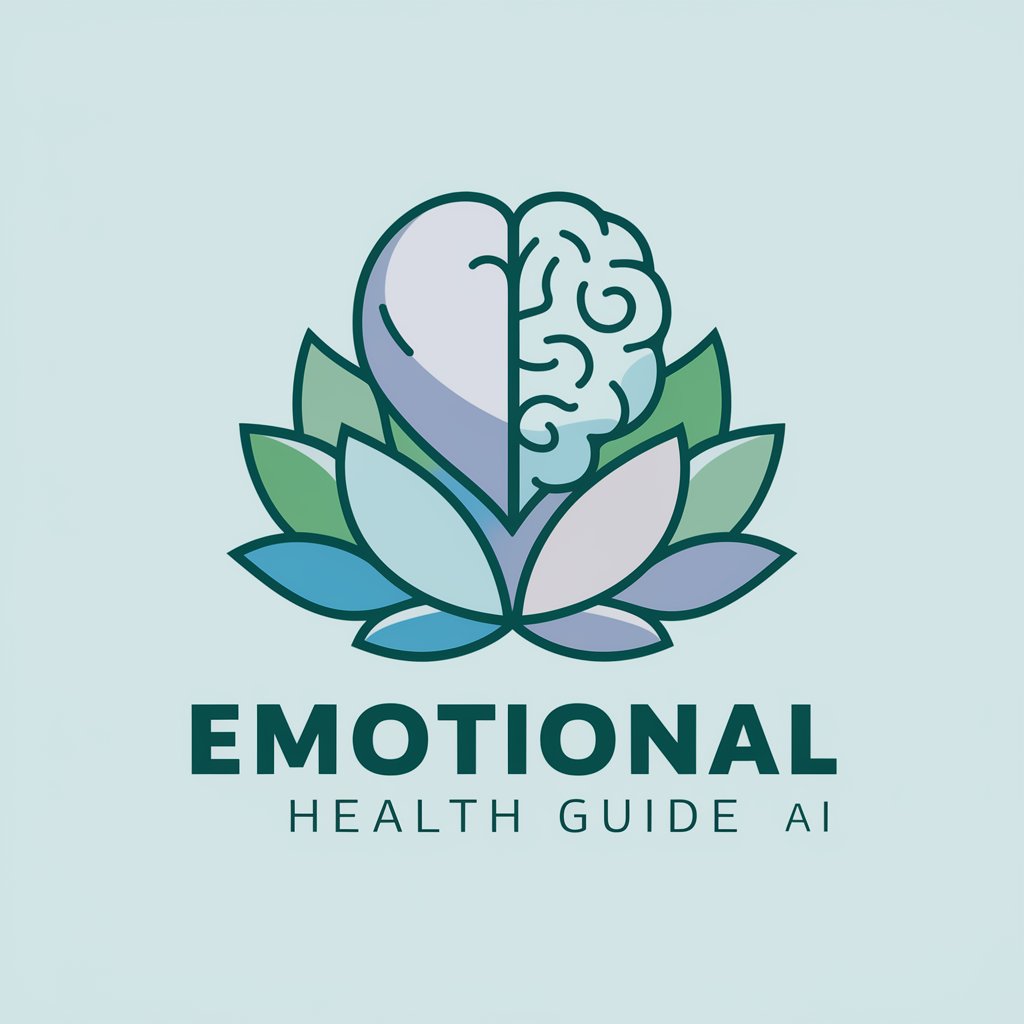
Self Care
Empowering Your Well-being with AI

🤗 "Compassionate Companion 🌼" 🧠
Your AI-powered emotional ally

PsychoBabbler
Empowering Psychiatry Learning with AI

Frequently Asked Questions about Mental Health GPT
What is Mental Health GPT?
Mental Health GPT is an AI-powered tool designed to provide information and support on personal mental health and well-being. It offers advice on healthy lifestyle choices, clarifies concepts related to mental health, and encourages positive lifestyle changes.
Can Mental Health GPT diagnose mental health conditions?
No, Mental Health GPT does not diagnose or treat medical conditions. It's designed to offer support and information related to general well-being and mental health education.
How often should I use Mental Health GPT?
Usage can vary based on individual needs. Regular engagement can be beneficial for ongoing support, education, and to help cultivate a healthy mindset.
Is Mental Health GPT a substitute for professional therapy?
No, it's not a substitute for professional therapy. It's intended to provide general support and information. For personalized care and treatment, it's important to consult with a qualified healthcare provider.
How does Mental Health GPT personalize its responses?
Mental Health GPT personalizes responses by processing the information and queries provided by users, offering tailored advice and support that aligns with the user's expressed needs and concerns.
